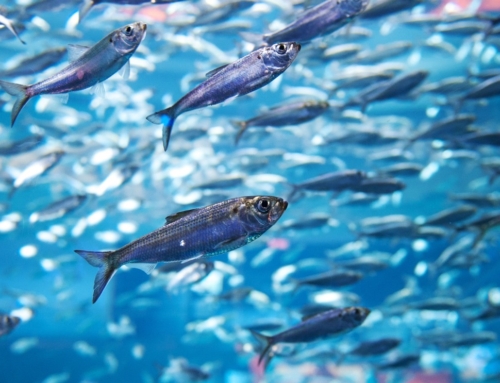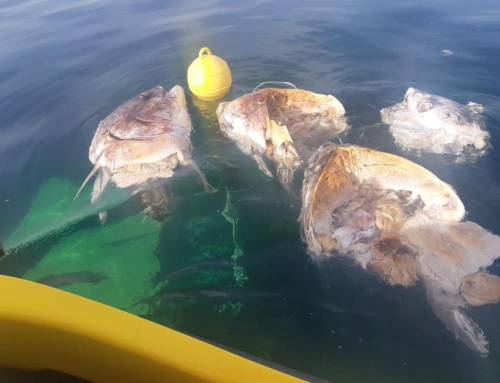Environmental impact
The project will look at Life-cycle assessment (LCA) and environmental impact assessment (EIA) of BAMs extraction and zero-waste fish feed, the impact of waste on the environment, awareness raising needs and how the project can contribute to mitigating the impact of the waste. A special focus will be on the context of smaller islands as the issue of waste disposal is particularly pressing on small and medium sized islands such as Malta and the Aeolian islands. It is also an aspect which is highly replicable as a management model in other regions. The University of Malta will lead this activity in collaboration with the Distretto PTCM.
Safeguarding the environment
Bythos for the environment means:
- optimizing the use of natural resources;
- Reducing the amount of organic waste that an enterprise in the fish or fish product/food service sector needs to dispose of (such a reduction will reduce waste management costs to the enterprise and increase competitiveness);
- Reducing organic waste management costs to the local community (an aspect of particular concern to island economies) and reducing the effects on the environment due to waste disposal and due to pollution caused by transport (both Malta and the smaller Sicilian islands transport their waste to other areas at considerable financial cost to the community and cost to the environment in the form of pollution from transport and pollution from disposal);
- Reducing the many knock-on effects caused by the need for the Maltese fish-farming industry to import fish feed from abroad to satisfy demand (the fish feed currently used is often highly pollutant to the waters around Malta).
Bythos for the environment
Optimizing the use of natural resources.
Reducing the amount of organic waste produced from enterprises in the fish or fish product/food service sector.
Reducing organic waste management costs to the local community.
Reducing the many knock-on effects caused by the import of fish feed.
Governance
This activity addresses the development of incentive plans for local waste management, and analysis of costs/saving to the local community and to the individual enterprise from zero-waste measures. It involves working with local authorities to see what incentive strategies are feasible.
The Comune of Lipari as a local authority body will work closely with the Distretto PTCM for Sicily and the Ministry of Fisheries will be the driving force for Malta. Partners will seek common ground for incentives and waste disposal. A Model procedure for organic refuse (fish waste) collection, including incentive schemes, will be examined.
Model procedures for organic refuse (fish waste) collection including incentive schemes
Following consultancy with local authorities and local waste management organizations or enterprise, models will be developed on how the refuse collection of fish waste could be organized based on needs linked to the production of BAMs/collagen and fish feed formulation requirements.
Best practice methods for storage of the fish waste between production of fish waste and collection (maximum storage times and min/max temperatures to ensure BAMs extraction procedures or quality are not affected) and assessment of storage means (cold storage canisters, pre-treatment requirements, evaluation of cold storage transport) will all be examined.
Potential impact on communities: equal opportunities, social inclusion and socio-economic impacts
Although it is difficult to perceive the effects of project results on the local community, Bythos will estimate the effects that the adoption of the collagen extraction and fish feed could have on the local community in terms of strengthening the position of women and young people in the community (women-managed SMEs and SMEs with young management) and in terms of increasing the need for highly qualified graduates/PhDs (young university graduates and/or researchers in the field of biotechnologies or business) in order to counteract the brain drain phenomenon and reduced socioeconomic condition of professionals.




